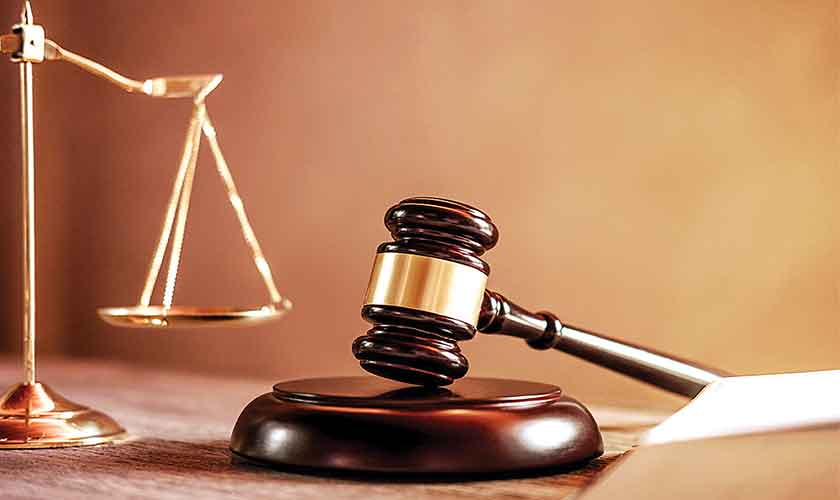The federal government has decided to propose a constitutional amendment aimed at expanding the role of parliament in appointing judges to superior courts.
A special meeting of the Judicial Commission of Pakistan (JCP) was convened on Friday to discuss the proposed amendments to the JCP rules of 2010.
At the beginning of the meeting, Law Minister Azam Nazeer Tarar requested a postponement, citing the government’s consideration of amending Article 175-A of the Constitution, which could potentially change the composition of the JCP.
Justice Yahya Afridi, a member of the JCP, suggested deferring the agenda discussions due to the government’s intention to amend the constitution.
Following Justice Afridi’s suggestion, the commission agreed to postpone the meeting. However, it was agreed that the process of judges’ appointments should continue promptly under the existing rules.
A senior government official clarified that there is currently no proposal to amend the procedure for appointing judges. Instead, the focus is on potential changes to the composition of the JCP.
Initially, the representation of Supreme Court judges in the JCP was lower than their current representation. However, based on recommendations from a full court led by former Chief Justice of Pakistan Iftikhar Muhammad Chaudhry, the parliament approved the 19th Constitutional Amendment to increase SC judges’ representation in the JCP.
Following a Supreme Court judgment in the Munir Bhatti case, an eight-member parliamentary committee on judges’ appointments became ineffective, leading to widespread criticism.
Superior bars have consistently expressed reservations about the opacity of the judges’ appointment process since 2010, advocating for amendments to ensure transparency.
In December last year, CJP Qazi Faez Isa, who also chairs the JCP, formed a subcommittee led by Justice Syed Mansoor Ali Shah to propose amendments to the JCP rules.
Despite the subcommittee’s draft being finalized and submitted to the JCP chairman before January 15, CJP Isa convened the commission meeting after a delay of over three months.
A senior member of the bar expressed disappointment over the adjournment of the JCP meeting without discussing the proposed amendments, attributing some judges’ reluctance to adopt the amendments to their disinclination to regulate chief justices’ discretionary powers in judges’ appointments.
PTI Senator Hamid Khan questioned the legitimacy of the current National Assembly, casting doubt on election results.
He opposed expanding parliament’s role in judges’ appointments, advocating for a constitutional body with equal representation from judges, lawyers, and lawmakers for nominations to superior courts.
Additional Attorney General Tariq Mahmood Khokhar emphasized that any legislative or constitutional enactment by an unrepresentative legislature would lack constitutional and democratic legitimacy.
Some individuals believe that given the cordial relationship between CJP Isa and the executive, no constitutional amendment will be made without his consent.
Prime Minister Shehbaz Sharif has established a Judicial Reforms Committee whose members are considering several proposals for judicial reforms.
Sources indicate that the JCP will appoint judges to the Lahore High Court and the Supreme Court using the existing procedure.




